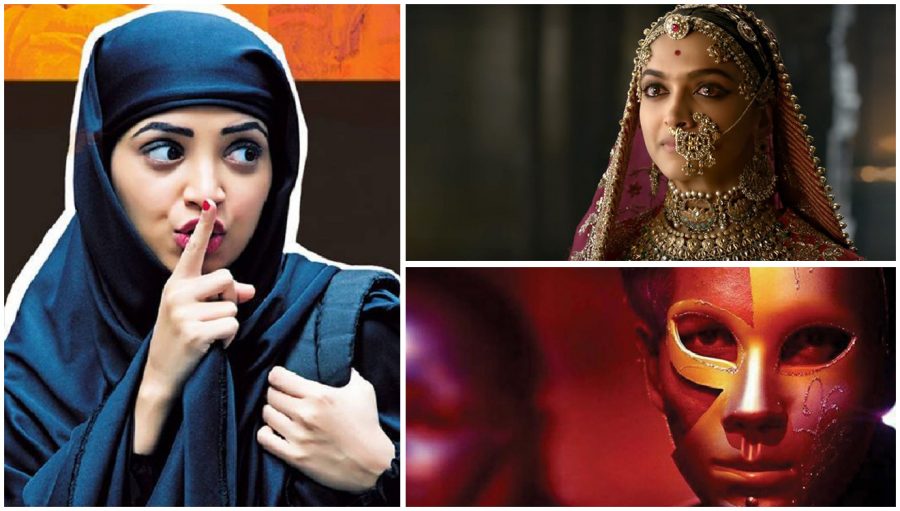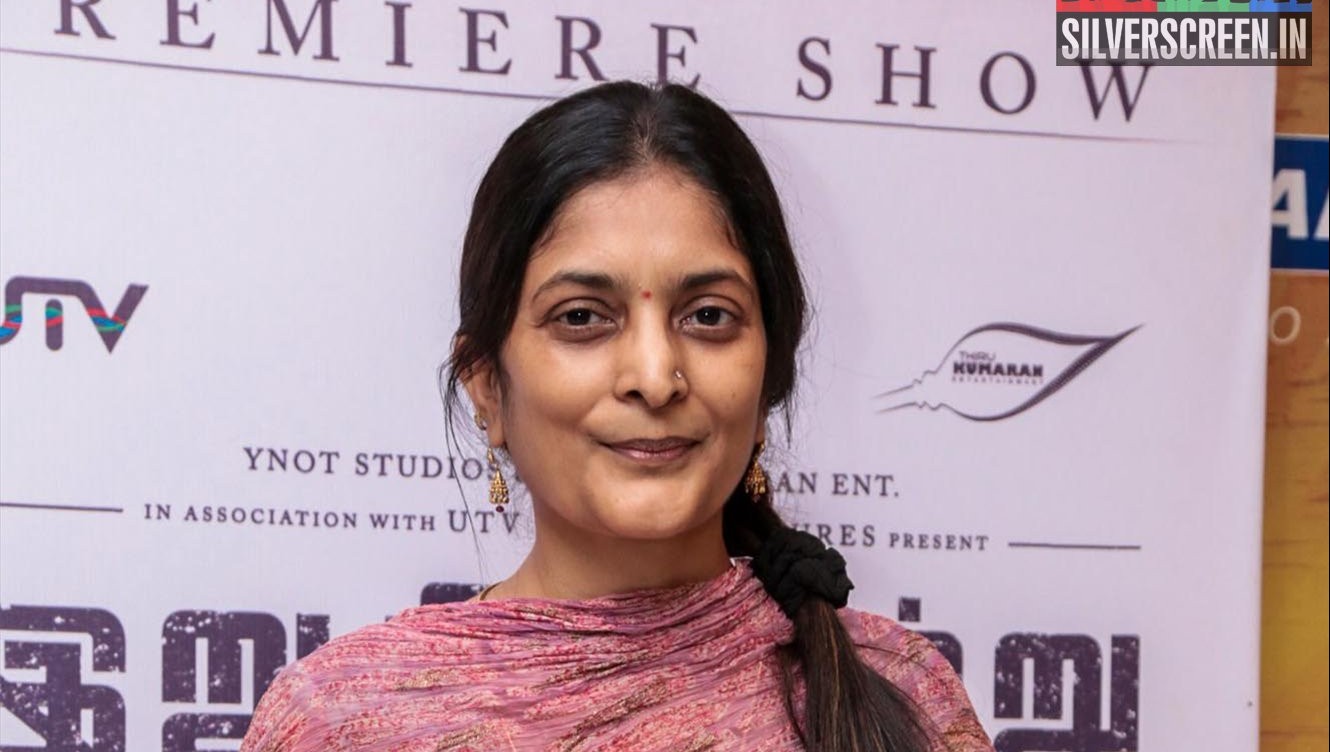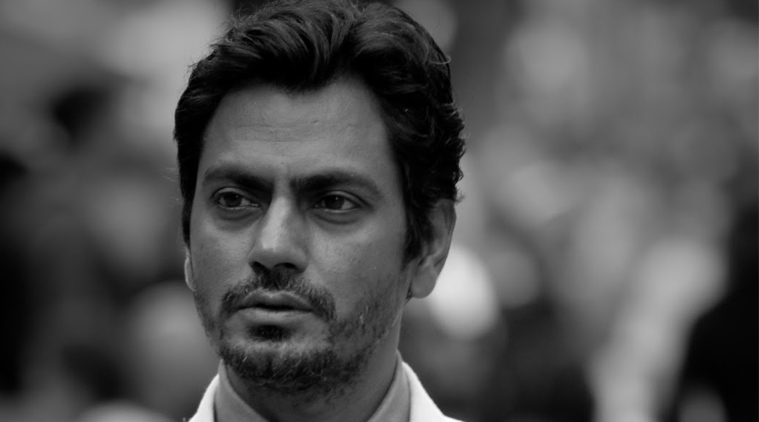Censorship was perhaps the most talked about and tweeted subject in India last year. Sanjay Leela Bhansali’s Padmaavat, Alankrita Shrivastava’s Lipstick Under My Burkha which was refused a certificate for showing “women’s fantasies” and sexual scenes, and several others films had to battle it out with the censor board, fringe radical groups and in some cases the central government.
Change the name, ban the film, don’t hurt sentiments, were all too familiar in 2016 and 2017, a period that sought to censor more films than make them. Amid all this, the Centre maintained a stoic silence.
According to a study by Freemuse, an independent international organisation for free artistic expression, India is one of the 10 countries identified to keep a watch on in 2018 owing to its rather controversial take on artistic freedom. The other countries are China, Cuba, Iran, Israel, Mexico, Poland, Spain, Venezuela and the US.
Titled ‘The State of Artistic Freedom Report’, the study includes 553 documented cases of violations of artistic freedom monitored in 78 countries in 2017, combined with an analysis of legal, political and social developments that shed light on the motivations and rationales behind the violations.
The report also takes a look at other countries – Bangladesh, Malaysia, Nigeria, Morocco, Pakistan, Russia, and Turkey – for continuing to silence freedom of artistic expressions and their laws, policies and practices that curb this human right.
Article 19 of the United Nation’s The Universal Declaration of Human Rights states, “Everyone has the right to freedom of opinion and expression; this right includes freedom to hold opinions without interference and to seek, receive and impart information and ideas through any media and regardless of frontiers.”
Article 27 deals with artistic expression and states:
(1) Everyone has the right freely to participate in the cultural life of the community, to enjoy the arts and to share in scientific advancement and its benefits.
(2) Everyone has the right to the protection of the moral and material interests resulting from any scientific, literary or artistic production of which he is the author.
Keeping these tenets in mind, the report states:
“Freedom of artistic freedom and creativity does matter. It is recognised as a human right in key international human rights laws. But what makes artistic freedom matter is that it makes us who we are as a human being in society.”
The 115-page report has a special section for each country. Under India, the report focuses on filmmakers caught between the government, religions, and caste. Some of the key points show that 67 percent of all documented cases were against films and filmmakers in 2017. Around 50 percent of all documented violations were censorship cases, where in 86 percent of censorship cases, were against films. Perhaps the most alarming of key points was this – 91 percent of all documented violations were by government authorities and non-state actors, including religious and caste groups.
Sanjay Leela Bhansali and the entire team of Padmavati had quite an eventful year in 2017. Having faced assault, vandalism, violent opposition, and verbal abuse, the film’s team were tensed even during its release. While the film fraternity briefly stepped in, the censor board, however, appeared to dodge this by asking a few cuts here and there, adding that one couldn’t hurt sentiments. The film’s certificate was initially denied by the board, that eventually resulted in the film getting a delayed release. The film titled Padmavati was then changed to Padmaavat, and Deepika Padukone’s waist was covered by VFX artists in the song ‘Ghoomar’.
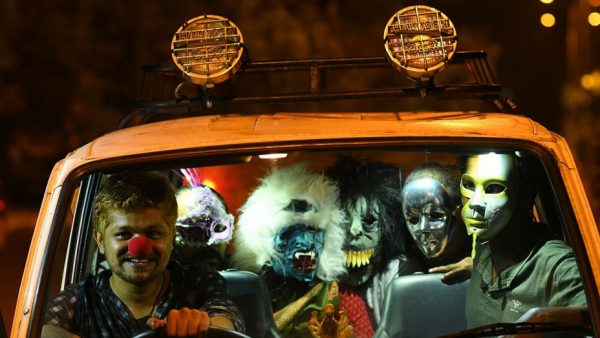
Sexy Durga
Malayalam filmmaker Sanal Kumar Sasidharan’s film was originally titled Sexy Durga and is the first Indian film in 23 years to win laurels since the Tiger Awards were introduced at International Film Festival Rotterdam (IFFR). The film was forced to change its title to S Durga after it ran into trouble with the censor board.
S Durga deals with the plight of a young couple who tries to elope and settle somewhere far away from their hometown, but they get tangled with some fundamentalists. The film talks about religion and the projection of women in religion.
Despite getting recognition in various film festivals, it was not allowed to be screened at IFFI-Goa, and also at IFFK.
Sanal Kumar Sasidharan’s previous film Ozhivudivasathe Kali had also faced a similar situation, Malayalam film director Aashiq Abu and his distribution company had released the movie in 2016 at select theatres. Ozhivudivasthe Kali had won the Best Feature Film at the 46th Kerala State Film Awards.
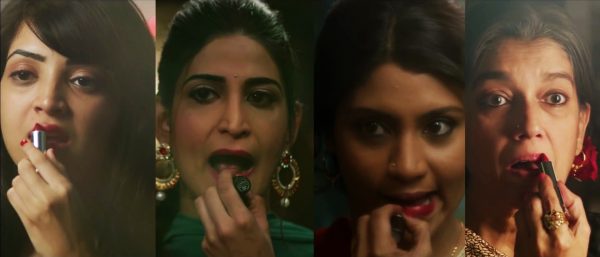
Lipstick Under My Burka’s ordeal started in February last year when the CBFC refused to give a censor certificate, citing reasons such as “women’s fantasies” and abusive language. Lipstick… was billed a feminist film with strong female voices, and CBFC chief Pahlaj Nihalani made the makers go around in circles for certification, because it was too “lady-oriented” for him.
Lipstick Under My Burkha is about the secret life of four women from lower middle class households. The director explores the turmoil within the women, as well as the restrictions imposed upon them by society. In April, the Film Certification Appellate Tribunal (FCAT) overturned the decision and its screening went ahead.

Actor Ajith and Trisha in Yennai Arindhaal Movie Stills
Ajith Kumar’s cop-thriller Yennai Arindhaal, dubbed in Kannada as Sathyadev IPS, found it difficult to release in Bengaluru theatres in March last year. The protests were attributed to the simmering resentment among the Kannada speaking people in Karnataka over the success of non-Kannada films (dubbed Tamil, Telugu, Malayalam and Hindi films) compared to Kannada films. Protesters were found wielding weapons and tearing down posters of Ajith Kumar from some theatres, and demanded that all shows be stopped.
For nearly two decades now, Tamil Nadu and Karnataka have been at loggerheads for a number of issues, with the Cauvery water issue being a central point of contention.
The report also includes infographics about how artists and women’s freedom of expression have been represented.
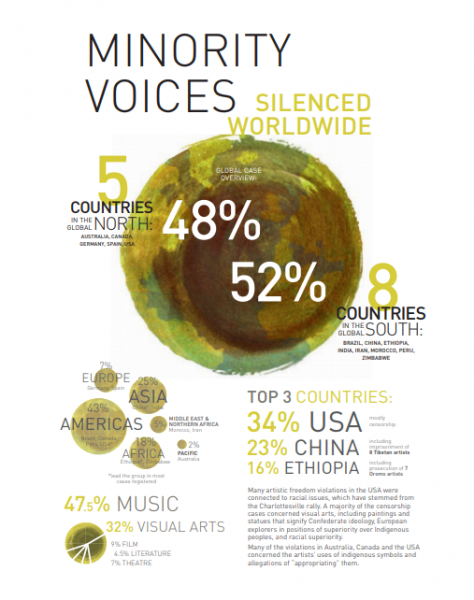
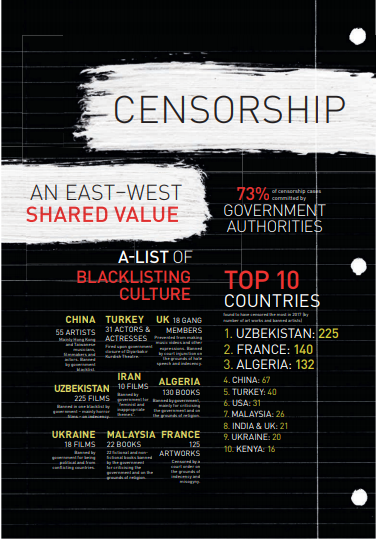
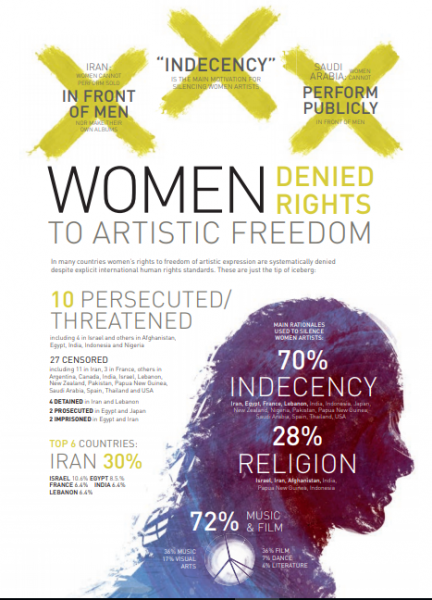
Read full report here.
